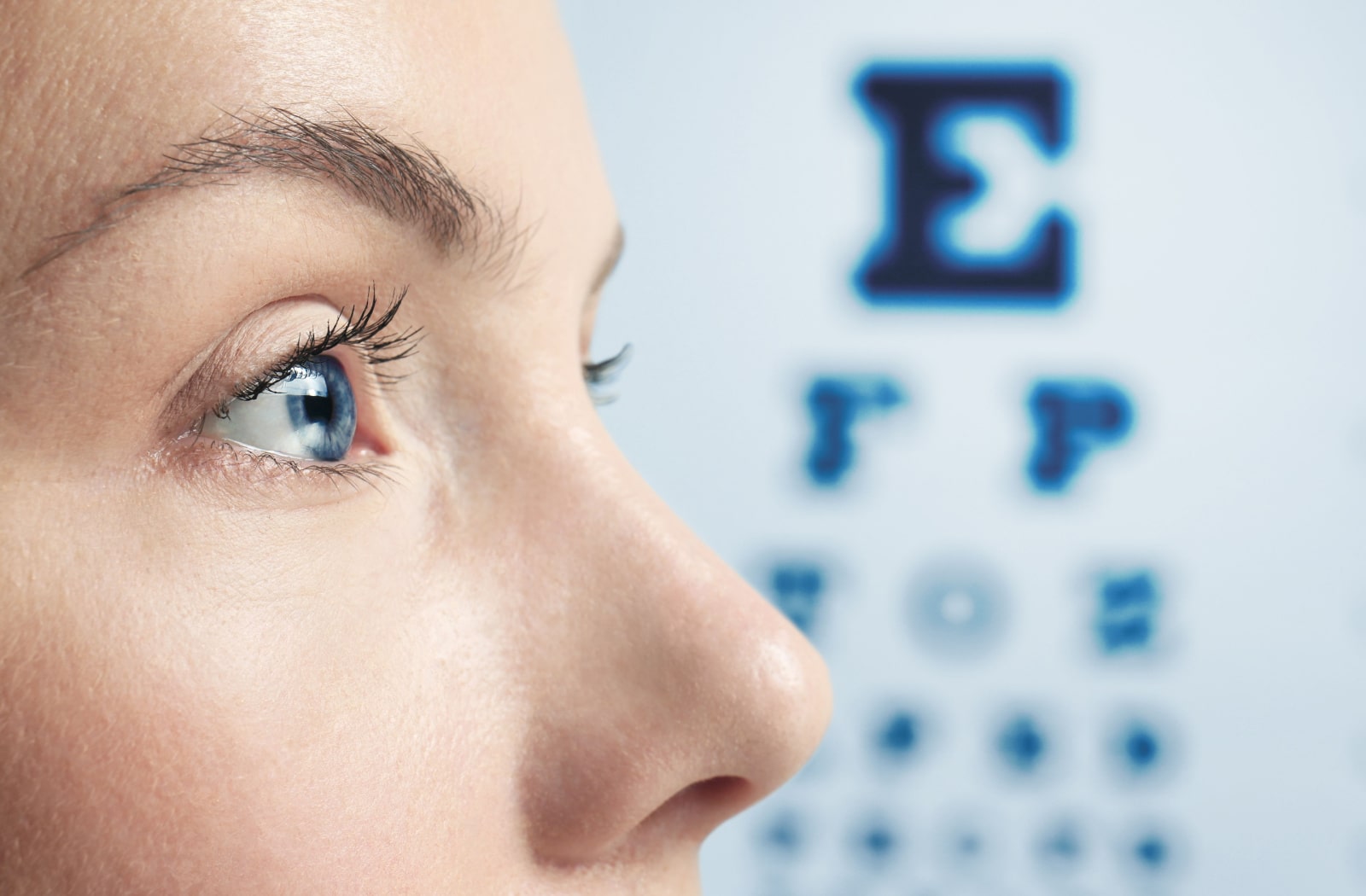All Categories
Featured
Table of Contents

Normal eye assessments are important for preserving great vision and detecting prospective eye health and wellness problems early. However, the regularity of these tests can differ significantly based upon a person's age, lifestyle, and total health. Understanding the suggested timetable for eye examinations can aid make sure that individuals of every ages receive proper care and tracking for their eye wellness.
Infants and Toddlers (0-2 Years)
For infants and kids, eye exams are vital for identifying any kind of potential vision problems early. The American Academy of Ophthalmology recommends that a kid's first eye test ought to take place at around six months of age. Throughout this preliminary go to, the eye treatment professional will certainly examine the youngster's visual development and check for any kind of noticeable eye problems.Following this initial test, it is suggested that kids have another eye exam at age 3. This go to will concentrate on assessing the child's total aesthetic feature, including eye alignment and the capability to track items. If no issues are found, the following examination ought to be arranged prior to the youngster begins institution, generally around age 5 or 6.
School-Aged Kids (6-18 Years)
Normal eye tests need to be scheduled every one to two years once children get to college age. Vision is crucial for finding out and advancement, and many institutions perform vision screenings. These screenings do not change a detailed eye examination by an eye care expert.For kids associated with activities or sporting activities calling for substantial visual emphasis, yearly eye examinations might be recommended. In addition, if a child shows indicators of vision problems-- such as difficulty reviewing, scrunching up your eyes, or regular migraines-- a see to the eye doctor ought to be set up immediately.
Youthful Adults (19-39 Years)
Youthful adults usually have fewer vision adjustments than older age groups, however regular eye exams stay necessary. The general referral is to schedule an eye examination every two years during this duration. Nonetheless, people with details danger factors-- such as a family members history of eye illness, diabetes, or those who use get in touch with lenses-- need to consider annual eye exams.Furthermore, those who invest substantial time on digital gadgets might experience electronic eye strain. If symptoms such as dryness, exhaustion, or blurred vision take place, it might be smart to see an eye treatment specialist sooner.
Grownups (40-64 Years)
As individuals go into midlife, the likelihood of developing vision issues increases. Adults aged 40 to 64 should arrange eye examinations each to two years. This age might begin to experience presbyopia, an all-natural age-related problem that makes it challenging to concentrate on close objects. Eye tests can likewise assist discover other typical age-related conditions such as glaucoma, cataracts, and macular degeneration.If individuals in this age have risk elements like hypertension or diabetic issues, they may require more constant assessments to check their eye health and wellness closely.
Elders (65 Years and Older)
For senior citizens, routine eye exams come to be also a lot more vital. The American Optometric Organization suggests that individuals aged 65 and older have an eye examination at least as soon as a year.Final thought.
Understanding the appropriate timetable for eye exams based on age is essential for preserving ideal eye health and wellness throughout life. From babies to senior citizens, regular eye exams play a vital duty in detecting concerns early and guaranteeing that vision remains sharp. By adhering to these guidelines and seeking advice from an eye care specialist, individuals can take aggressive actions towards protecting their vision and total health and wellness. Whether it's a child's initial check out or an elderly's annual exam, prioritizing eye treatment is a financial investment in lifelong health.Table of Contents
Latest Posts
Host Your Perfect Event: Place Rental Options for Every Celebration
Published en
1 min read
The Boogaloo Sports Bar & Grill at FunCity Resort Hotel: Where Enjoyable Meets Taste
Published en
1 min read
A Luxurious Retreat: The Claridge Indoor Swimming Pool
Published en
1 min read
More
Latest Posts
Host Your Perfect Event: Place Rental Options for Every Celebration
Published Mar 16, 25
1 min read
The Boogaloo Sports Bar & Grill at FunCity Resort Hotel: Where Enjoyable Meets Taste
Published Feb 04, 25
1 min read
A Luxurious Retreat: The Claridge Indoor Swimming Pool
Published Feb 03, 25
1 min read